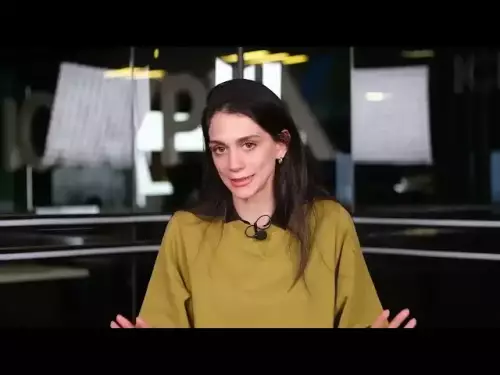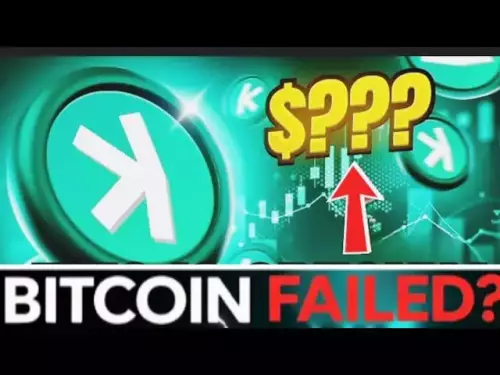Ray Dalio's warnings about US debt, coupled with Bitcoin's rise as an institutional asset, signal a significant shift in the financial landscape. Can Bitcoin truly challenge the dollar?

Bitcoin, Dollar, and Dalio: Navigating the Shifting Sands of Finance
Ray Dalio's warnings about US debt, coupled with Bitcoin's rise as an institutional asset, signal a significant shift in the financial landscape. Is the dollar doomed? Let's dive in, Wall Street style.
Dalio's Debt-Induced Heart Attack
Ray Dalio, the big cheese at Bridgewater Associates, isn't mincing words. He's been sounding the alarm about the U.S. economy, predicting a "debt-induced heart attack" within the next three years if things don't change. According to Dalio, the U.S. debt service costs have ballooned to over $1 trillion annually, and this number is only heading north. The US government's spending habits, particularly tax cuts, are adding trillions to the national debt, creating a perfect storm of economic instability.
Bitcoin: The Alternative Currency?
Amidst these concerns, Dalio has increasingly highlighted Bitcoin as a viable alternative currency. He points out Bitcoin's fixed supply of 21 million coins, giving it an edge over the ever-printable U.S. dollar. Dalio has even adjusted his portfolio recommendations to include more Bitcoin and gold, viewing them as hedges against excessive money printing and weakening fiat currencies. Bitcoin ETFs are gaining traction, rapidly approaching the assets under management of gold ETFs, suggesting that both institutional and retail investors see Bitcoin as a legitimate portfolio addition. Institutions are increasingly allocating a significant portion of their portfolios to Bitcoin and Ethereum, with smaller portions reserved for altcoins and stablecoins.
Institutional Adoption: Bitcoin Goes Mainstream
Bitcoin has transitioned from a speculative plaything to a strategic asset. Publicly listed companies are holding significant amounts of Bitcoin in their corporate treasuries. The approval of spot Bitcoin ETFs in the U.S. has further legitimized the cryptocurrency, allowing traditional financial institutions to participate as investors and custodians. Firms like MicroStrategy are holding massive amounts of Bitcoin as a core treasury asset.
The Trump Card: WLFI and the Political-DeFi Hybrid
Enter World Liberty Financial (WLFI), a Trump-backed DeFi project that's stirring the pot. WLFI aims to bridge traditional finance and decentralized systems, leveraging the Trump family’s political influence. The Trump family holds a significant stake in the project, aligning their interests with its success. While this association has attracted attention and investment, it also faces regulatory scrutiny and concerns about conflicts of interest. The project's future hinges on its ability to navigate these challenges and deliver tangible value.
The Dollar's Dilemma
Dalio's warnings extend to the potential erosion of the Federal Reserve’s independence. He worries that political pressures could lead to decisions that undermine the dollar's value. International holders of dollar-denominated bonds are increasingly looking at alternatives like gold and cryptocurrencies, signaling a potential decline in the dollar's status as the global reserve currency.
So, What's the Bottom Line?
The financial landscape is shifting. Ray Dalio's concerns about U.S. debt, combined with the growing institutional adoption of Bitcoin, suggest a move towards alternative assets. While Bitcoin's volatility remains a concern, its potential as an inflation hedge and a decentralized store of value is attracting serious attention. Whether Bitcoin can truly replace the dollar remains to be seen, but one thing is clear: the game is changing.
Disclaimer: This is not financial advice. Always do your own research before investing in anything, especially crypto. And remember, even the smartest folks on Wall Street can be wrong!














































































